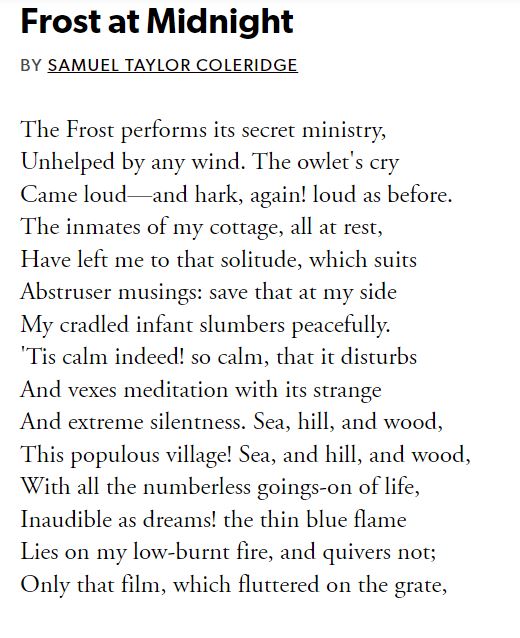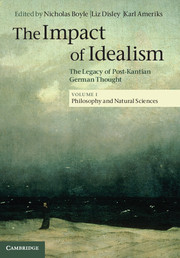It wiill do well to bear in mind that the ‘Present Age’ Fichte characterized in these lectures was the great transition period of Modern Europe,—the Age of Voltaire, Rousseau, Diderot and the Encyclopaedists on the one hand, and of Lessing, Kant, Goethe and Schiller on the other.

The Five Epochs of Johann Fichte
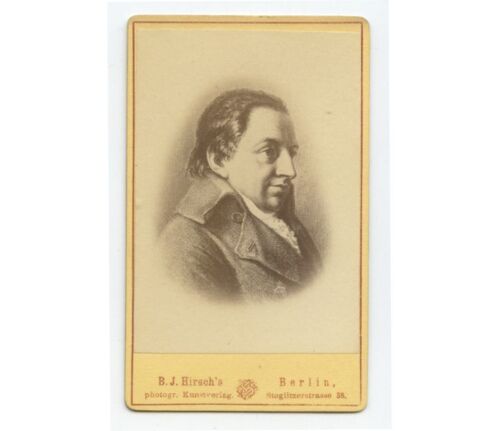
Characteristics of the Present Age (1806)
by Johann Gottlieb Fichte, translated by William Smith
→ Original title: Die Grundzüge des gegenwärtigen Zeitalters (1806).
The life of the Human Race does not depend upon blind chance; nor is it, as is often superficially pretended, everywhere alike, so that it has always been as it is now and will always so remain; but it proceeds and moves onward according to a settled plan which must necessarily be fulfilled, and therefore shall certainly be fulfilled.
This plan is—that the Race shall in this Life and with freedom mould and cultivate itself into a pure and express Image of Reason. The whole Life of Man is divided—I am now supposing that the strict derivation of this has not been thoroughly understood or has been forgotten,—the whole Life of Man is divided into five principal Epochs:
- That in which Reason governs in the form of blind Instinct;
- That in which this Instinct is changed into an external ruling Authority;
- That in which the dominion of this Authority, and with it that of Reason itself, is overthrown;
- That in which Reason and its laws are understood with clear consciousness; and finally,
- That in which all the relations of the Race shall be directed and ordered by perfect Art and perfect Freedom according to Reason.
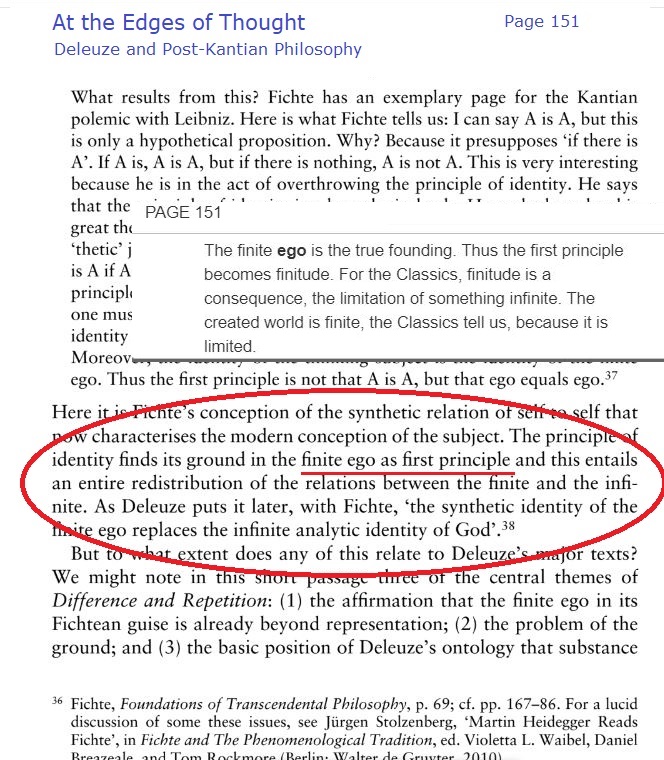

…and where is gets ‘saved’ (1797)
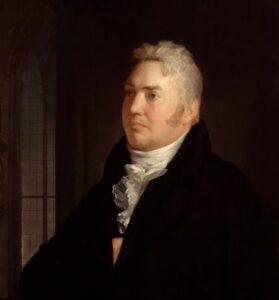
At the same time (late 1700s) Samuel Coleridge had a distrust of the reason as the sole guide to truth and reality.
MYSTICISM IN
ENGLISH LITERATURE ENGLISH
LITERATURE
C. F. E. SPURGEON, 1913
Coleridge’s belief in some kind of intuitional act being necessary to the apprehension of reality, which he felt as early as 1794, was strengthened by his study of the German transcendental philosophers, and in March 1801 he writes, ” My opinion is that deep thinking is attainable only by a man of deep feeling ; and that all truth is a species of Revelation.”
Coleridge, following Kant, gave the somewhat misleading name of “reason” (as opposed to ” understanding “) to the intuitive power by which man apprehends God directly, and, in his view, imagination is the faculty, which in the light of this intuitive reason interprets and unifies the symbols of the natural world. Hence its value, for it alone gives man the key
Of that eternal language, which thy God Utters, who from eternity doth teach Himself in all, and all things in himself.*
*Frost at Midnight, (1798)
